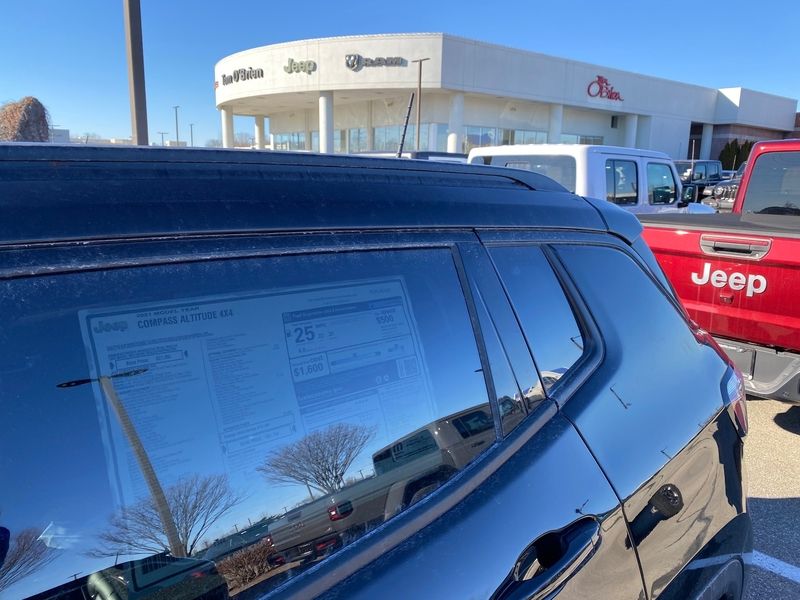
Illinois Gov. J.B. Pritzker signed the Predatory Loan Prevention Act into law Tuesday. The law, which immediately took effect, places a 36 percent interest rate cap on all loans below $40,000 extended in the state. It includes guaranteed asset protection products sold on automobile purchases as part of the interest rate calculation.
The Illinois General Assembly passed the actin January as part of a broader initiative by the Legislative Black Caucus to curb racial inequities in the state. The law borrows heavily from the federal Military Lending Act, which contains the same interest rate cap for service members and covered relatives.
Some experts say the Predatory Loan Prevention Act limits credit access for consumers who fail to qualify for lower interest rate terms. Several groups, including the American Financial Services Association and the Illinois Automobile Dealers Association, urged Pritzker to veto it.
David Gemperle, partner at Nisen & Elliott in Chicago, said to avoid running afoul of the law, lenders cannot finance retail installment loans with GAP products if the total interest exceeds 36 percent. The law firm works with auto lenders in the state.
“It’s not a situation where everyone is going to have to stop financing GAP for Illinois consumers,” he said.
Peter Sander, president of the Illinois Automobile Dealers Association, said the group has “grave concerns” with the legislation.
The description of the rate cap is misleading, he said, because the Predatory Loan Prevention Act distorts the cost of credit by substituting the “all-in APR” definition within the Miltary Lending Act to determine if a credit offer complies with the new law. This reclassifies fees associated with any credit-related product as a finance charge, meaning it could include fees for F&I products such as GAP waivers, credit insurance, and extended service contracts as well as cash out financing, he said.
“Purchasing additional products should not increase the interest rate and offering them is not predatory lending,” Sander said. “It is an option for vehicle customers to protect one of their largest investments, second only to a home for most people.”
IADA is advocating for state regulators to define “credit-related product” so that it can advise members about which products the new rule applies to, he also said. The IADA represents over 700 new vehicle dealerships.
Lenders have options about how best to comply with the law, Gemperle said. They could set minimum loan-to-value ratios for installment contracts financed with GAP products or consider capping the amount they are willing to accept for the price of GAP. Auto lenders also can reexamine their repayment terms for high-interest car loans.
But there could be other issues for consumers and lenders.
Consumers may want to put down larger amounts to offset the total cost of the loan and lower their interest rate with a smaller principal. But Gamperle advises against selling GAP products on a contract when the customer already has equity in the vehicle. If the customer ends up totaling their car, they won’t recuperate their down payment for a replacement vehicle, he said.
“It’s really the deep subprime creditors that should reconsider allowing GAP in Illinois,” he said.
Interpreting how GAP applies under the Military Lending Act has caused confusion among auto lenders and dealers after the Department of Defense issued a controversial interpretation of the law in 2017. A year ago, the Pentagon withdrew the interpretation, which classified GAP as a “credit-related cost.”
With the passage of the predatory loan law, Illinois becomes the 18th state to impose an interest rate cap on installment loans, according to the Center for Responsible Lending. The District of Columbia also has a rate cap.
Lisa Stifler, the organization’s director of state policy, said in a statement that the law will help bring an end to predatory debt traps that disproportionately impact communities of color.
“Illinois joins the strong trend across the nation toward passing rate caps to stop predatory lending,” she said. “We must also pass federal reforms to protect these state caps and expand protections across the country.”
According to the act, Illinois families pay over $500 million per year in consumer installment, payday and title loan fees. Nearly half of Illinois payday loan borrowers earn less than $30,000 per year.

